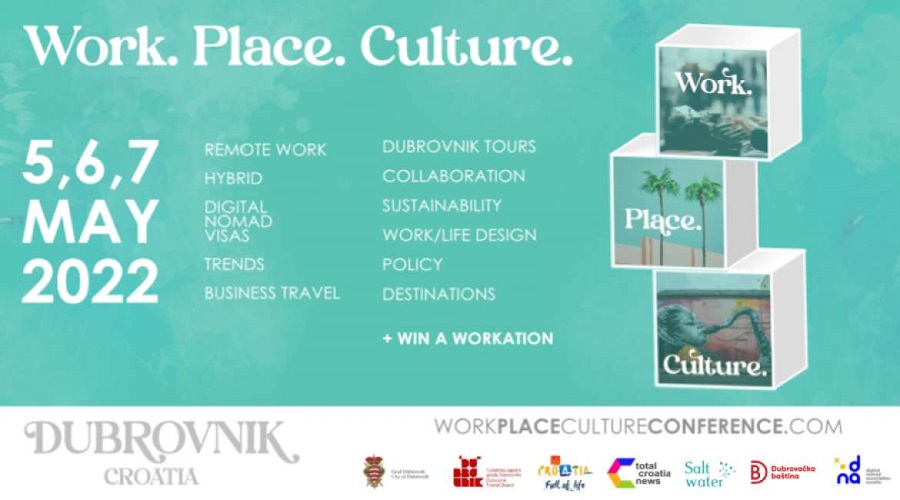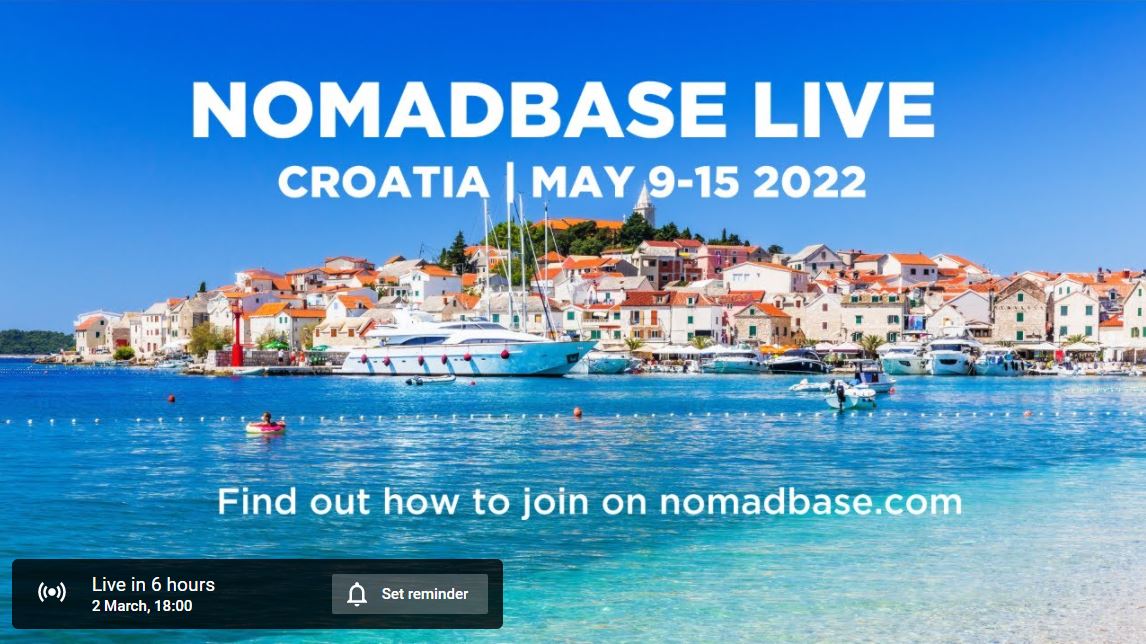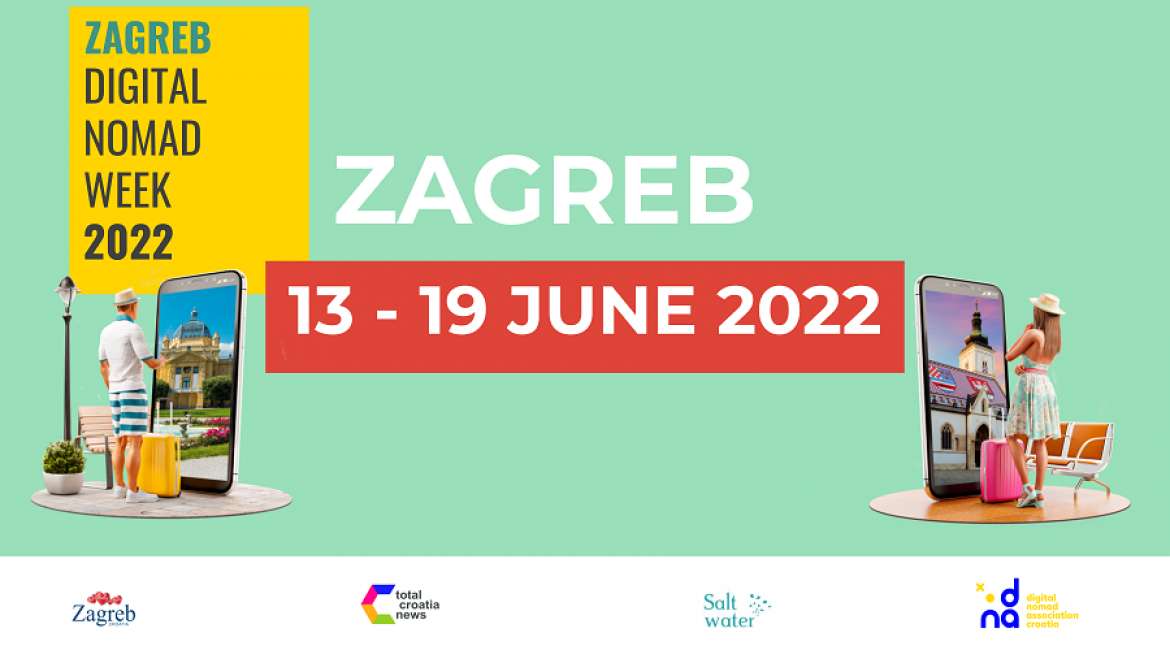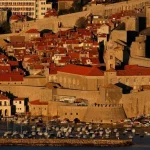One of the main differences I have noticed over 20 years living in Croatia is the perception of the term ‘the Balkans’ by locals and tourists. Many Croats will get very irate at the mere mention of their country being part of the Balkans, an association which is considered primitive and laced with conflict, as opposed to the supposedly more civilised lifestyle of Central and Western Europe. For many tourists, however, the Balkans is a place of undiscovered fascination, with many not quite sure exactly where each country is in the Balkans. The concept that it is a mysterious melting pot of intrigue, culture, history and ethnicity makes it one of the most exciting tourism destinations in this increasingly sanitised tourism world.
And with exceptional prices, great lifestyle and a ton of authentic experiences, it is quietly becoming a magnet for the remote work revolution. Rather than just focusing on an individual country, as happens elsewhere, South-East Europe is home to some of the most progressive countries in Europe for digital nomads, and their combined offer is attracting increased attention from the global digital nomad community.
Croatia might have attracted many of the global headlines when it introduced only the second digital nomad visa/permit in Europe back in January 2021, but plenty of other countries in the region are also making significant strides. Belgrade in Serbia is emerging as one of the top nomad hubs in Eastern Europe, Montenegro has announced its own digital nomad visa, and Bulgaria is home to arguably the most important and well-established nomad festival of all – Bansko Nomad Fest. Add to this the considerable networking and collaboration which is going on behind the scenes (as witnesses in conferences such as last September’s Budva Cross Border Coworking Conference in Montenegro), and it is clear that this is a region which is only going to become more attractive to digital nomads in the future.
July and August are considered the peak tourist season in the region, but it is clear that this new type of tourism is starting to shift the thinking in terms of season as well. Nomads are typically price-sensitive and so usually looking for temporary homes away from peak season prices, and the Balkan region is emerging as an excellent choice for lifestyle and affordability in the shoulder season months. With winter over and the swimming season in full swing, countries like Croatia from late April to the end of June are increasingly attractive to the digital nomad mindset – especially as the nomad communities and offer continue to grow in those countries. And with distances between the countries relatively small, there is an opportunity to take in a multitude of experiences in a relatively short space of time.
In terms of content, Croatia continues to lead the way in the region, and nomads considering a new region to check out over the next few months would be well-advised to check out Croatia and the Balkan region, which will be attracting a number of digital nomads with various excellent conferences over the next couple of months. Most are repeats of 2021, and Spring and early Summer are slowly turning into an attractive nomad destination option.

Following the award-winning Dubrovnik Digital Nomads-in-Residence program a year ago, the Pearl of the Adriatic will be hosting Work. Place. Culture. from May 5-7, bringing remote professionals and destinations from around the world will together to inspire a global workforce who have greater location flexibility than ever before, and the destinations which are reinventing to support them through policy, infrastructure and community. You can learn more about Work. Place. Culture. on the official website.

Croatia’s reputation as an emerging nomad destination received a boost in March, when the world’s first nomad business and travel club chose the idyllic coastal town of Primosten as the local for only its third-ever conference and meetup. The Nomadbase conference will take place just two days after the Dubrovnik event, from May 9-15. More information on the official Nomadbase website.

While a lot of nomad interest in Croatia is understandably focused on its spectacular Adriatic coast, the Croatian nomad destination which has been making all the waves has been much further inland. A year ago, the capital city of Zagreb rarely featured in any nomad discussion. By October, however, all that had changed, and Zagreb was named the 5th most-liked nomad city in the world (and first in Europe) in the extensive and influential 2021 NomadList survey.
The most high-profile nomad event in Zagreb last year was the inaugural Zagreb Digital Nomad Week and Ambassador program, which took place in June, one of the few global nomad events to take place that summer. You can check out the atmosphere in the video below. Zagreb Digital Nomad Week 2022 has been announced for June 13-19 this year (information as it is posted on the official website), just before the INMusic Festival in the Croatian capital, and just a few days before one of the top nomad events in the European calendar…
… Bankso Nomad Fest.
Billed as a celebration of the location independent lifestyle and nomad mindset, for one week hundreds of nomads, remote workers and freelancers will take over a beautiful village in Bulgaria for an amazing mix of presentations, workshops, sports, mindfulness and nature. The famous Bulgarian ski resort is becoming extremely well-known as one of the top coworking spaces in Europe for its affordable pricing and dynamic year-round community.
This year’s Bansko Nomad Fest will take place from June 26 to July 3 (book your ticket here), the perfect end to a nomadic few months in South-East Europe, experiencing Croatia in Spring with its growing community and numerous conferences. The collaboration of the regional community is intensifying, and one thing is for sure – there will be even more reasons to pencil in Croatia, Bansko and other regional attractions for a digital nomad visit from April to June 2023.
For more news and features about digital nomads in Croatia, follow the dedicated TCN section.











